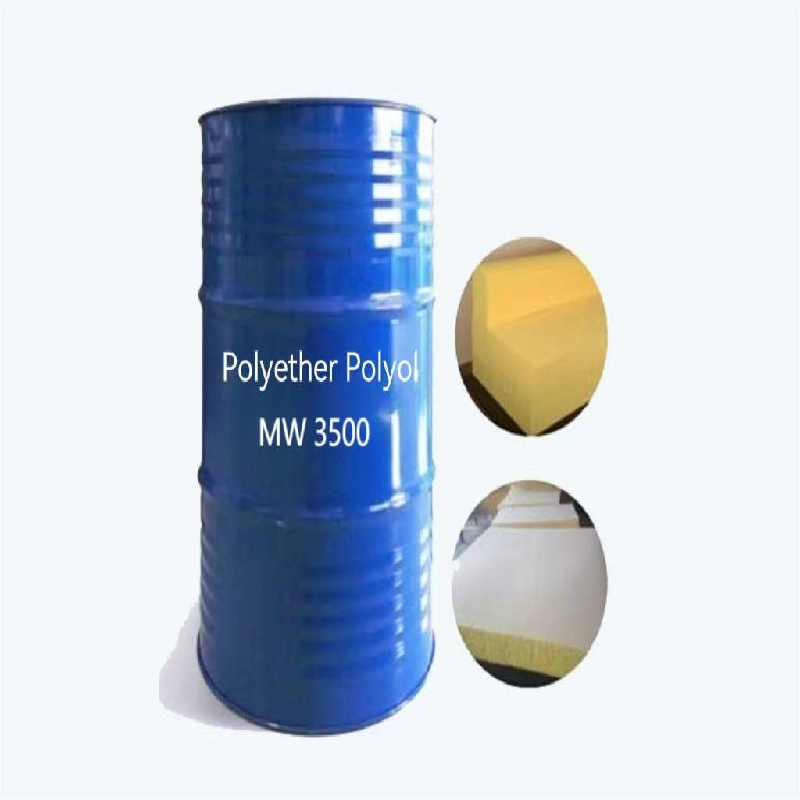-
Categories
-
Pharmaceutical Intermediates
-
Active Pharmaceutical Ingredients
-
Food Additives
- Industrial Coatings
- Agrochemicals
- Dyes and Pigments
- Surfactant
- Flavors and Fragrances
- Chemical Reagents
- Catalyst and Auxiliary
- Natural Products
- Inorganic Chemistry
-
Organic Chemistry
-
Biochemical Engineering
- Analytical Chemistry
- Cosmetic Ingredient
-
Pharmaceutical Intermediates
Promotion
ECHEMI Mall
Wholesale
Weekly Price
Exhibition
News
-
Trade Service
At present, lithium-ion batteries are widely used in electric vehicles due to their excellent electrochemical performance.
The cathode material is one of the key factors affecting the performance of lithium-ion batteries.
The use of high specific energy cathode materials (such as NCM811) and the improvement of battery operating voltage (>4.
2V) ) is the most efficient way to obtain higher energy densities
.
However, traditional carbonate-based electrolytes cannot be adapted to high-voltage battery systems, and ternary cathode materials will undergo various side reactions at high voltages, which will eventually lead to system degradation and capacity fading
The team of Wu Jianfei, a researcher at the Qingdao Institute of Bioenergy and Processes, Chinese Academy of Sciences, has been deeply involved in the field of cathode materials and high-performance electrolytes for many years (ACS Appl.
Mater.
Interfaces 2020, 12, 49666; ACS Appl.
Mater.
Interfaces 2022, 14, 12264), Recently, key progress has been made in the development and application of high-voltage electrolyte systems, and relevant research results have been published in Chemical Engineering Journal
.
The research team developed a new type of high-voltage fluorinated electrolyte system, which increased the working voltage of NCM811 cathode material from 4.
2V to 4.
6V, expanded the upper limit and application range of the ternary system, and solved two important problems: improving The specific capacity and working voltage of the high-nickel ternary cathode system are suppressed, the structural phase transition, transition metal ion dissolution and secondary particle cracking of the NCM811 cathode at high voltage are suppressed, and polarization is reduced, thereby improving the energy density and cycling of the system.
performance; stable CEI and SEI were constructed to realize reversible and stable cycling of high-load high-nickel ternary system batteries at high voltages
.
Among them, the Li||NCM811 half-cell can exhibit a high specific capacity of 247.
-1 -1 -1
The reason for the improved performance of the high-voltage battery system is explained by the density functional theory (DFT) calculation system
.
The fluorine substituent (-F) has a strong electron-withdrawing effect, which reduces the highest occupied molecular orbital (HOMO) of the solvent, thereby increasing the oxidation potential of the electrolyte
Performance of high-pressure fluorinated electrolyte system at the electrode-electrolyte interface, DFT calculation and full cell cycle performance






